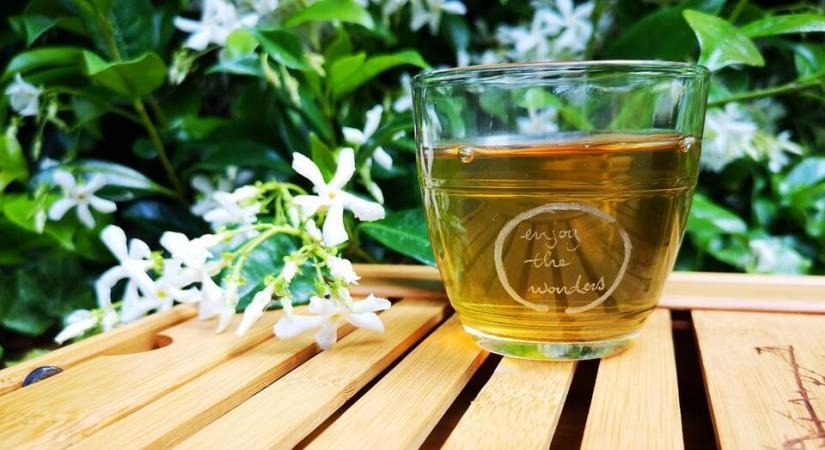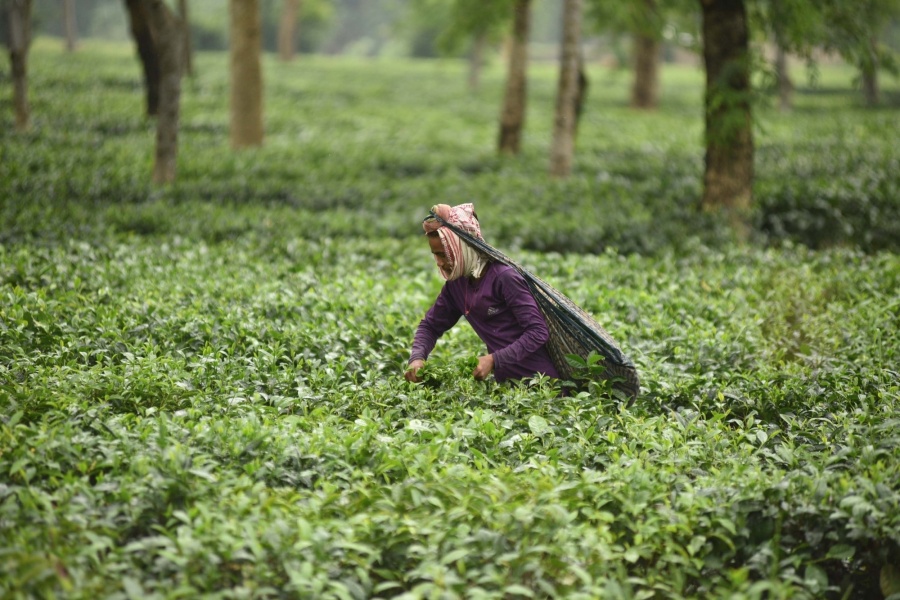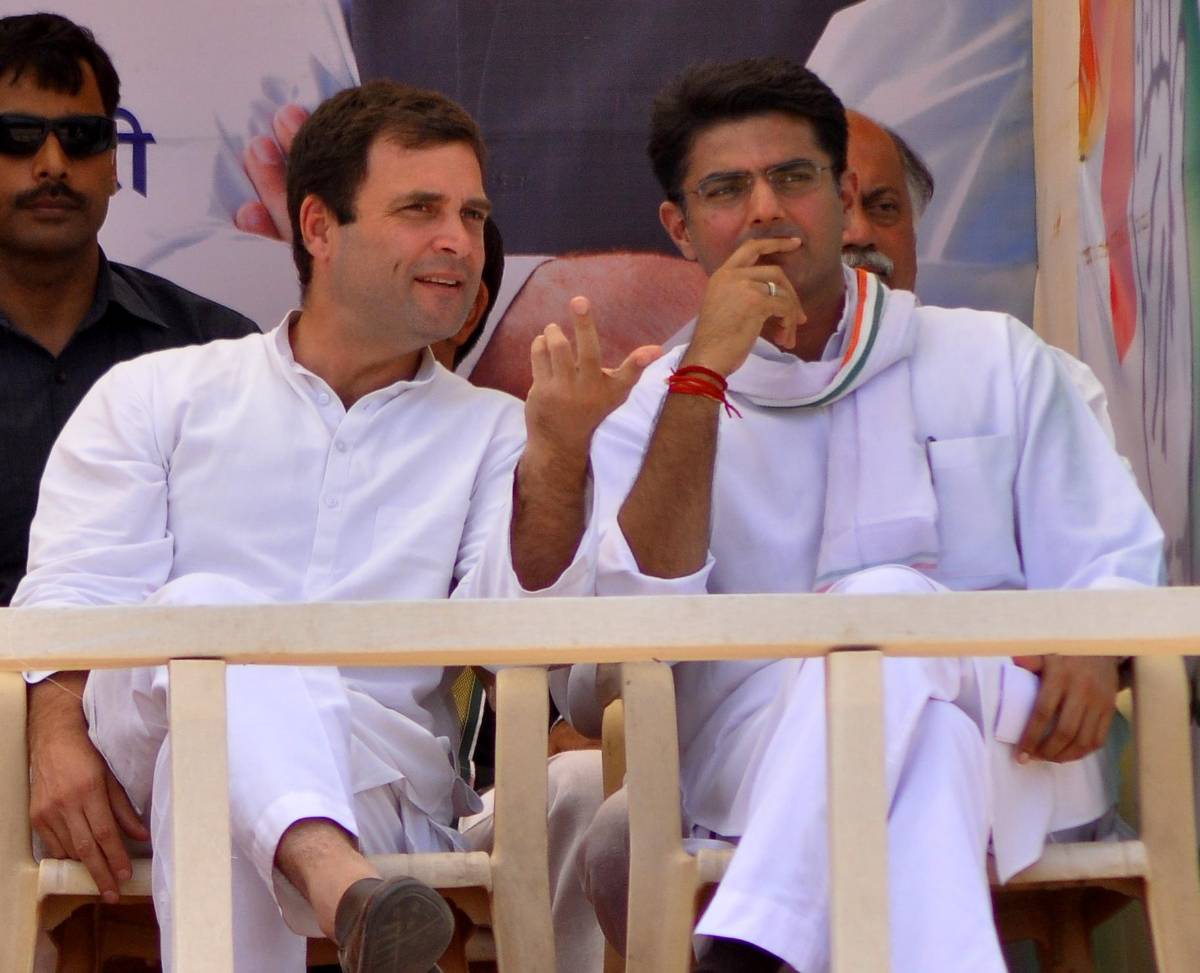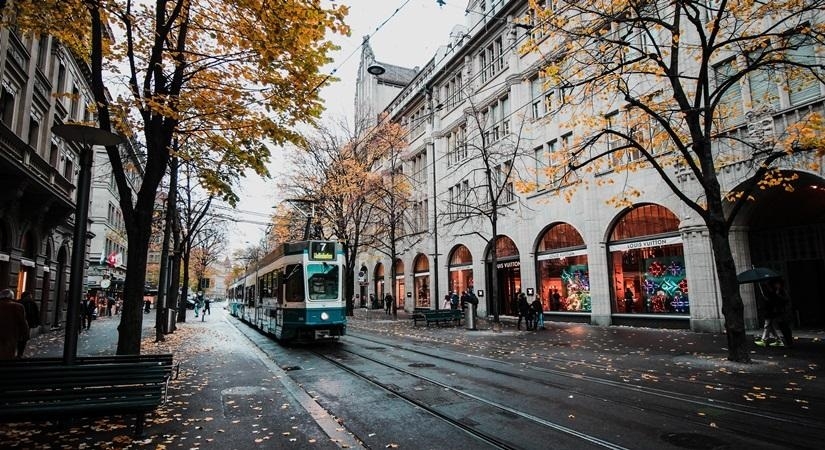
State-run Chaudhary Sarwan Kumar Himachal Pradesh Krishi Vishvavidyalaya in this town in the picturesque Kangra Valley has developed immune-boosting herbal tea to combat Covid-19, scientists said on Thursday.
The tea contains scientifically proven antioxidant properties to help boost immunity against fungal, bacterial and viral diseases, Vice-Chancellor Ashok Kumar Sarial told.
The proposed value-added tea bags are expected to help improve the immunity to a great deal and also to expand the scope of revenue generation to the university, he said.
University’s Department of Tea Husbandry and Technology has about 44 hectares of tea orchards spread over three farms.
A tea processing unit has been operating in the department to manufacture organically certified and FSSAI licensed orthodox made tea — green and black – up to 40,000 kg per year.
In a first-of-its-kind, the department is preparing medicinal and herbal-based value-added organic tea bags, department head Jai Dev Sharma told.
To start with, four variants of organic tea — green tea with tulsi, green tea with lemon honey, orthodox tea with mint, tulsi and rose and orthodox black tea with rose have been launched.

Priced Rs 225 with a pack of 25 tea bags, the tea variants are launched under the brand name Dhauladhar Him Palam.
Sharma said initially the herbal tea, with higher anti-oxidant like epigallocatechin and epigallocatechin gallate, would be available in the campus sale counter. Later, it can be launched in the market.
This tea is free from agrochemical residues, he added.
Tea cultivation was introduced in and around the Palampur foothills in the Kangra Valley in the mid-19th century.
The Camellia tea, planted by the British in 1849, grew so popular that tea from Kangra won a gold medal at an exhibition in London in 1886 for its superb flavour and quality.
The first commercial tea plantation was established as ‘Hailey Nagar tea Estate’ at Holta, near Palampur, in 1852 at an elevation of 1,291 metre above mean sea level.
It encouraged many private entrepreneurs and by the end of 1880 about 4,000 hectares was brought under the tea cultivation — extending from Jogindernagar in Mandi district to Shahpur in Kangra district.
The quality of tea grown under this region appeared to be of excellent quality as evidenced by the gold and silver medals won in Amsterdam and London markets from 1886 to 1895.
The industry in the region progressed well till 1905 when the great earthquake ruined many establishments. The panic-stricken Britons sold their plantations to the local buyers who could not maintain the same profitably due to the lack of technical know-how.
In 1925, the then Punjab government appointed a special board to enquire into the causes of the collapse of this vital industry in the region.

Tea experts from northeast India were also called for advice. Several Recommendations were made out of which one was that the government should open up an experimental institution in Kangra district to explore the possibilities of improvement in the cultivation.
Tea research is the mandate of Himachal Pradesh Krishi Vishwavidyalaya.
The tea experiment station established in 1962, under the aegis of the then Punjab government with the financial assistance of the Tea Board of India, remained as a part of the Department of Plant Breeding and Genetics in Punjab Agricultural University in Ludhiana till June 1970 and in Palampur till 1972.
A severe drought in 1999 and lifting of trade barriers, which allowed other countries to push their supplies at a much lower cost, adversely affected the local tea industry, say, experts.
State horticulture experts say tea production in Kangra has seen a drastic fall in the past two decades with only small producers, with an average holding of around 0.6 acres, engaging in tea plantation.
As per the estimation carried out in 1997 by the state, 2,312 hectares come under tea cultivation.
Also Read-Powerful Alternatives To Morning Tea









